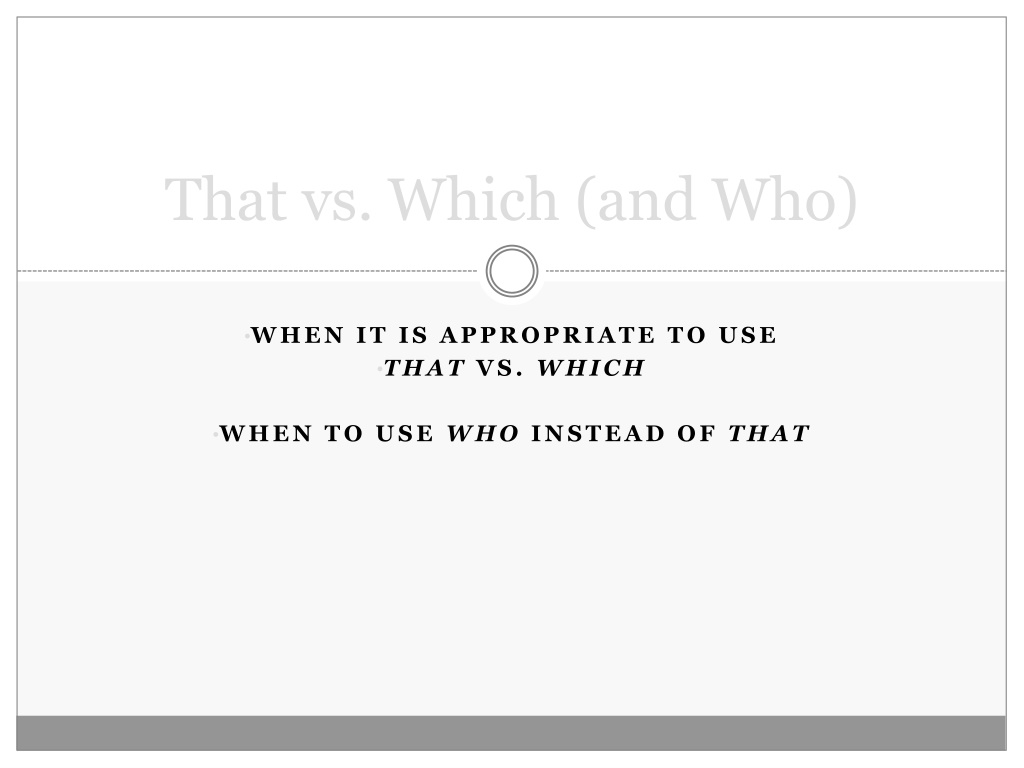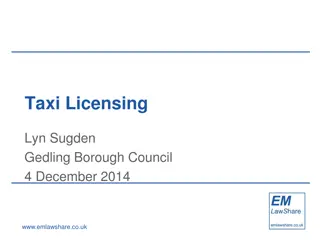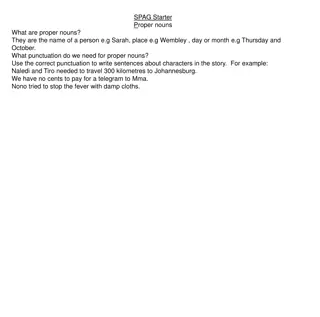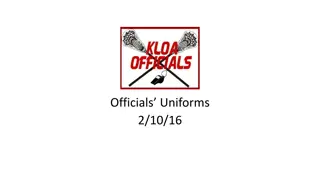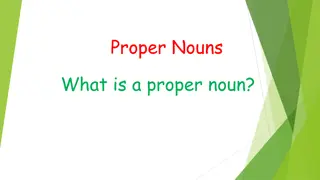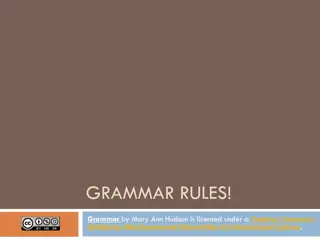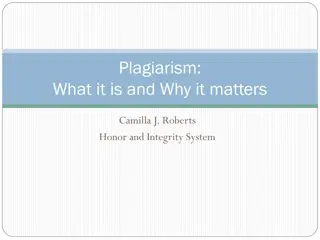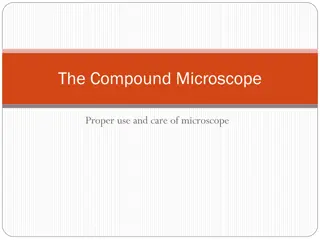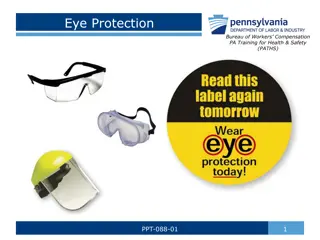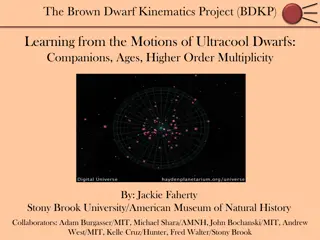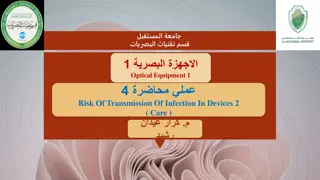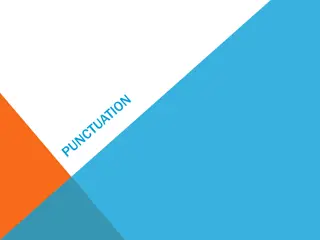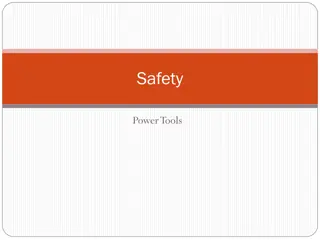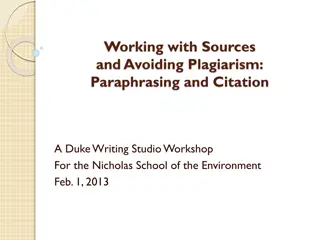Proper Use of "That" vs. "Which" and When to Use "Who
Understand the distinctions between "that" and "which" when introducing restrictive and nonrestrictive clauses, as well as when to use "who" instead of "that" to refer to a person. "That" is used for restrictive clauses essential to the sentence's meaning, while "which" is for nonrestrictive clauses. Use "who" when referring to individuals. Incorrect usage can alter sentence meanings.
Download Presentation

Please find below an Image/Link to download the presentation.
The content on the website is provided AS IS for your information and personal use only. It may not be sold, licensed, or shared on other websites without obtaining consent from the author. Download presentation by click this link. If you encounter any issues during the download, it is possible that the publisher has removed the file from their server.
E N D
Presentation Transcript
That vs. Which (and Who) WHEN IT IS APPROPRIATE TO USE THAT VS. WHICH WHEN TO USE WHO INSTEAD OF THAT
That That should be used to introduce a restrictive clause. A restrictive clause is one that is essential to the meaning of a sentence. If a restrictive clause is removed, the meaning of the sentence will change. Correct: The mice that were given the experimental drug were drowsy. This sentence implies that some mice were given the drug and others were not; only those that were given the drug were drowsy.
Which Which should be used to introduce a nonrestrictive clause. A nonrestrictive clause can be left out and the meaning of the rest of the sentence will not be changed. Correct: The mice, which were given the experimental drug, were drowsy. This sentence implies that all the mice were given the drug, and all were drowsy.
That vs. Which Changes the Meaning The mice that were white were given the placebo. The mice, which were white, were given the placebo. The dogs that took the obedience class would stay on command. The dogs, which took the obedience class, would stay on command.
Maximize Clarity The dogs that ate the dark chocolate chips had to have their stomachs pumped, but the one that ate the butterscotch chips did not. Only some dogs had to have their stomachs pumped; those were the ones that ate dark chocolate, which is poisonous to dogs in pretty small amounts. This part of the sentence implies that there were other dogs that did not have to have their stomachs pumped, and the second clause tells us which ones were so fortunate. Butterscotch chips are not toxic to dogs.
Who Use that or which when referring to an object, but use who when referring to a person. The people who ate the pizza threw up. The people, who ate the pizza, threw up. The dogs that ate the pizza threw up. The dogs, which ate the pizza, threw up.
